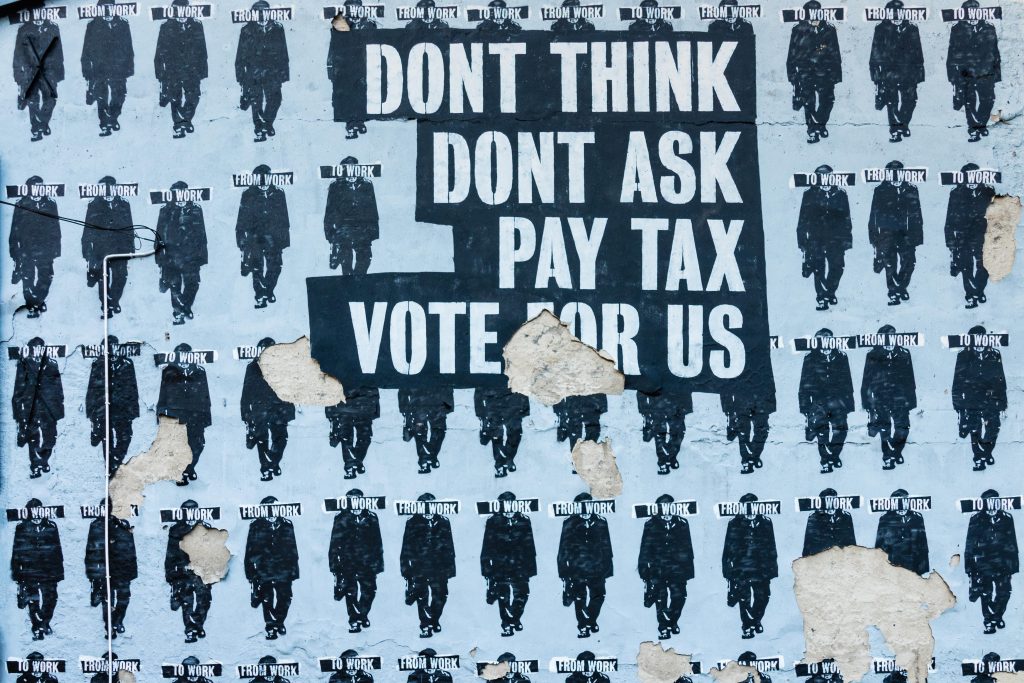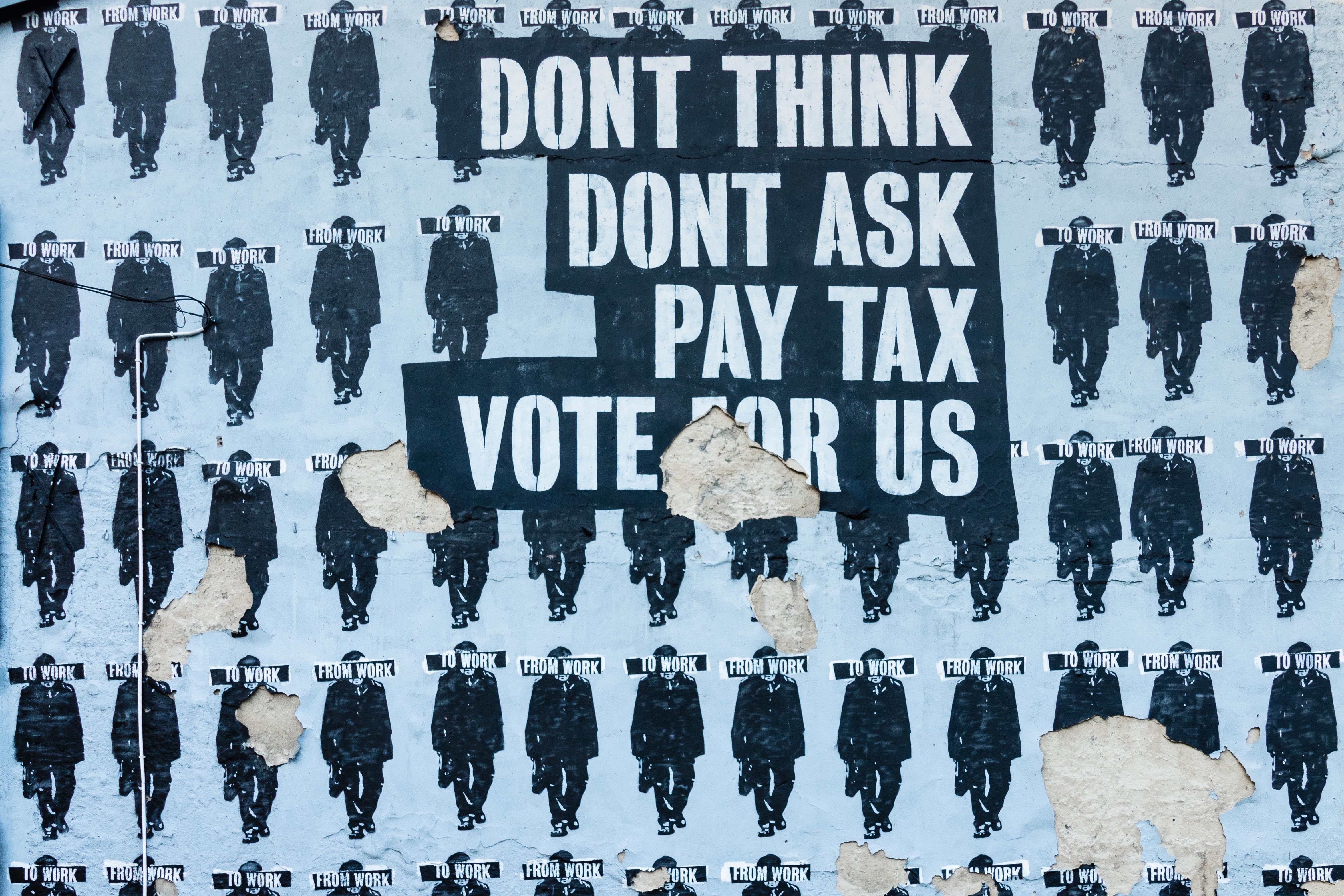
Imagine yourself going to get a haircut. You step inside the barbershop and sit down, ready to get cleaned up. Your barber asks how you want it cut, but there’s a catch: he’ll either shave it all off, or he won’t cut it at all.
If you ask him why you can’t get anything else, he tells you that other haircuts aren’t popular enough to justify learning how to do them. Even if you try to explain how great other hairstyles can look, or how it’s an outlet for self-expression, the barber just won’t listen. At this point you would walk out, unless you were already planning on going bald. For those of us that aren’t, we’d rather just go somewhere else that will give us what we want.
Unfortunately, the same barbershop seems to be everywhere. At every turn you’ll find people with bald heads or long, unkempt masses of hair. As of December 15, 59% of American voters are registered with either the Democrat or Republican party. Less than half of Americans are registered independent or with third parties.

The problem with our dysfunctional barbershop is that a two-party system discourages people from getting haircuts that break the status quo. It simplifies the entire political spectrum into two extremes that each vilify the other. Anything outside of the Party’s platform is an affront to the American Spirit™ and a danger to the future of the nation.
Politicians will refuse to cooperate with the opposing party, out of fear that they will lose brownie points with their own. It’s a tribalistic habit that does nothing but divide the nation and increase tensions across the aisle. Hyper-partisanship prevents Congress from functioning, as passing legislation becomes more of a show of stubborness and conviction than an actual attempt to better the lives of the public.
Recently, an extreme case of this phenomena has gained a fair bit of traction online. In the days leading up to President Trump’s impeachment hearing, Senator Lindsey Graham stated that he had already decided to vote in Trump’s favor, and that he was “not trying to pretend to be a fair juror.” Rather than preserving the integrity of our democracy, Graham chose to blindly pledge his allegiance to his party leader.

Even outside of Congress, the effects of the two-party system are readily observable. Whether on social media or at family gatherings, people voicing their political beliefs are increasingly divisive and hostile. We may still be one nation, but Lincoln’s immortal proclamation that “A house divided against itself cannot stand,” is still as relevant today as the moment he uttered it. The government needs to take strides to dissolve the two-party system, for all of our sakes.
Next time you get a haircut, do some research. Think for yourself and ask critically: “What do I like?” You may surprise yourself. Some of your biases might begin to fade.

